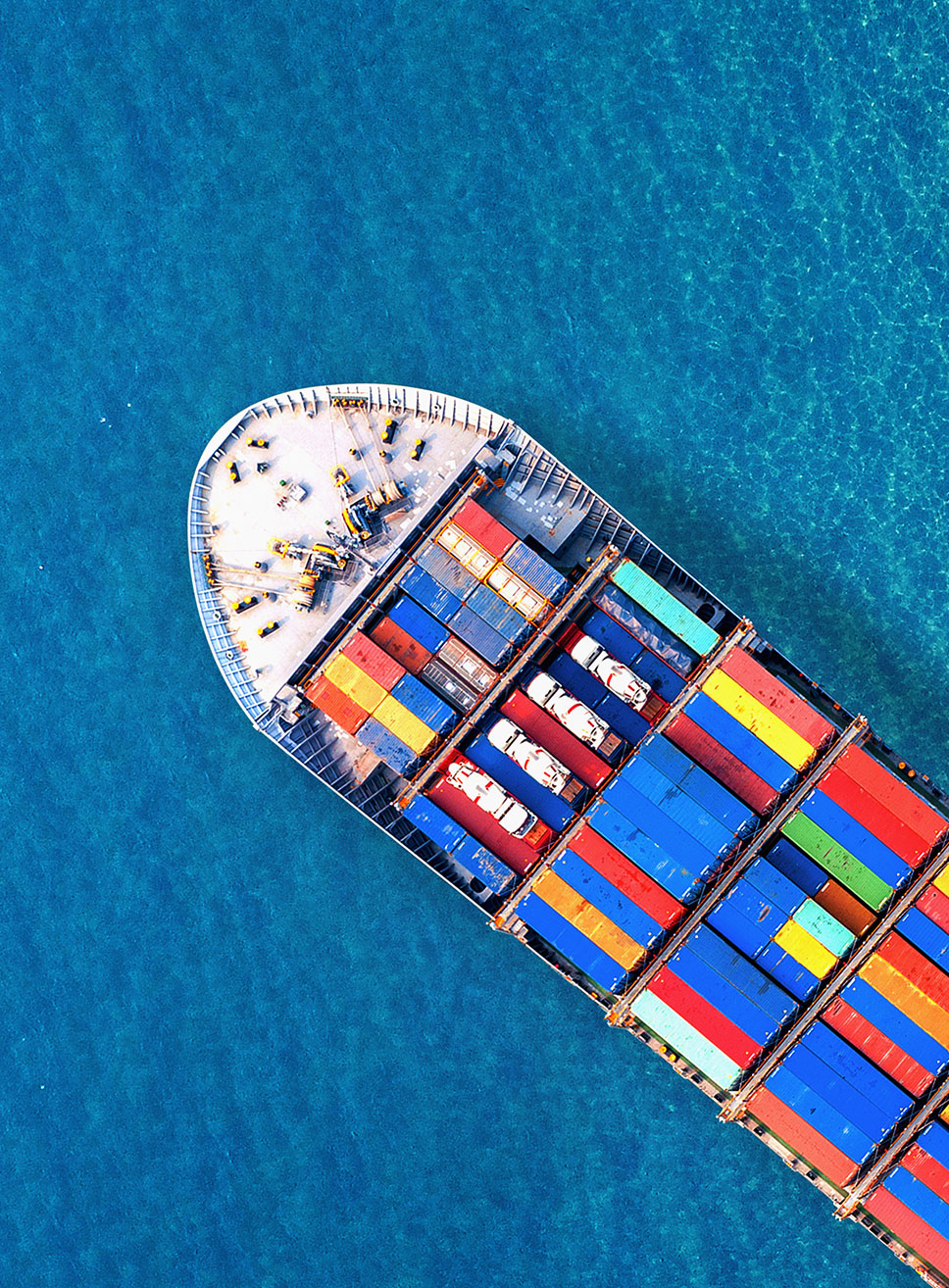Looking for qualified professionals to ship your goods? Talk to us.
Call us Today
Email us to get a quick quotation

First World Movers
& Freighters Ltd
is a Kenyan locally owned independent freight forwarding and international logistics company, incorporated in Kenya with international network and associates, Specialized in; Freight forwarding(Airfreight, Sea fright, Road freight and Rail fright) Import, Export, Customs clearance, Transhipments, Transit, Motors vehicles importation.
Our Services
List of clients were privileged to work with
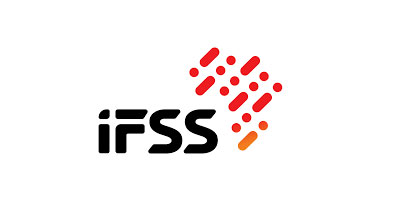

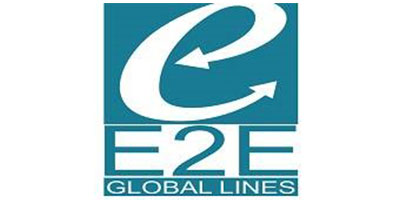
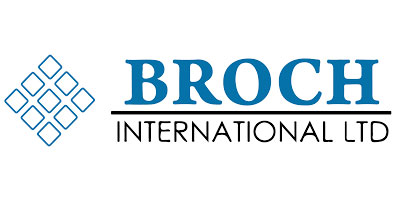
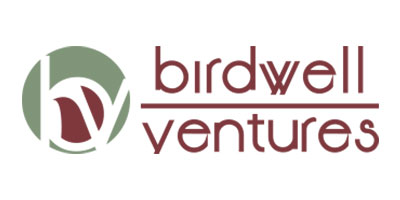

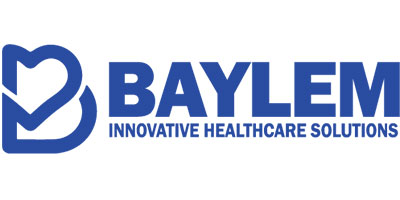
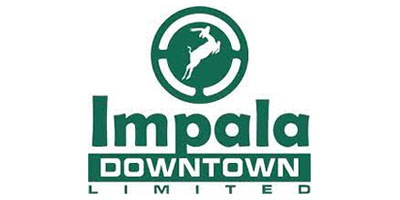
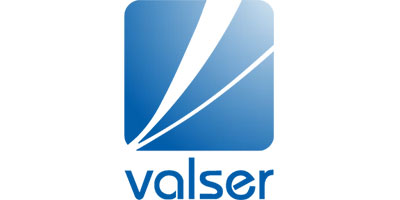
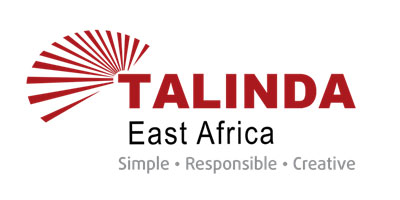
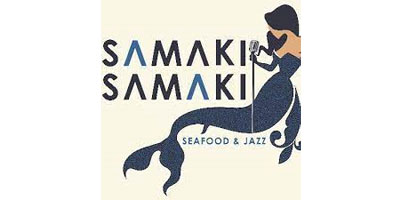
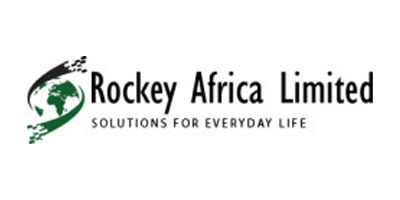
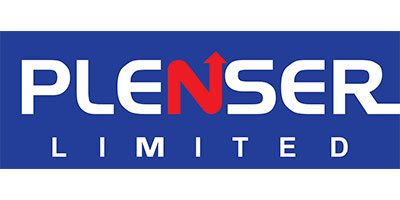
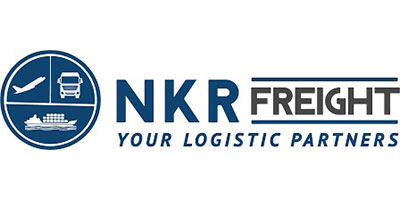

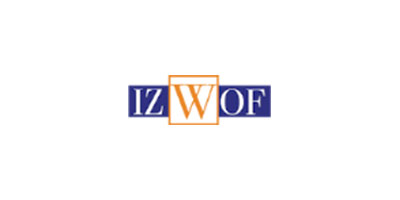
Why
choose us
Reliability and Trustworthiness
Choose our shipping services for a reliable track record in safe and timely deliveries. Our commitment to deadlines and shipment integrity builds client trust.
Global Network and Reach
Our global network ensures seamless transportation of goods worldwide, providing comprehensive shipping solutions across continents or specific regions.
Cost-Effective Solutions
We use cutting-edge technology for efficient and transparent handling of your goods, ensuring a streamlined and responsive shipping experience.
Customized and Flexible Services
We prioritize cost-effectiveness without compromising quality. Our goal is to offer competitive pricing that aligns with your budgetary needs.
A Guaranteed & Insured
Way to Ship
We’re ready to help you take on your most challenging shipping.
Frequently asked questions
Incoterms (International Commercial Terms) are an internationally recognised Set of instructions used in the global Transportation of goods. They define the Division of responsibility between the Shipper (usually the supplier/consignor) And the Consignee (usually the buyer). The terms dictate which party is Responsible for the risks, costs and Liabilities associated with the shipment at Each stage of the shipping process. Understanding Incoterms (International Commercial Terms) such as FOB, CIF and EXW is not always easy when trying to Determine what’s best, so we’ve created This simple guide to help you understand What each Incoterm means so you can Negotiate the best terms with your Supplier.
1) CFR (Cost and Freight) With CFR terms the seller’s invoice will Include the cost of the goods plus the cost Of transporting the goods to the port of Discharge (not including local charges). Although CFR terms can appear to be a Good option, the buyer has little control Over the shipping process and the Associated costs.
2) DAP (Delivered at Place) Very similar terms to DAT, with the Difference that the buyer is responsible For unloading the goods at the named Place of delivery. Buyer assumes Responsibility from the point of unloading The goods, including import customs Clearance, duties and taxes. Can be used For all modes of transport. DDP (Delivered Duty Paid) A term indicating that the Shipper/consignor is responsible for Paying all duties and taxes at the agreed Delivery point. DDP terms indicate that the seller is Responsible for carriage and delivery to a Named place, including clearing for import And all applicable taxes and duties. Can be Used for all modes of transport. They Maximise cost and risk for a seller, and Minimise them for the buyer. The buyer’s Responsibility for the goods begins when They receive them for unloading at Destination. Can be used for all modes of Transport.
3) DDP (Delivered Duty Paid) A term indicating that the Shipper/consignor is responsible for Paying all duties and taxes at the agreed Delivery point. DDP terms indicate that the seller is Responsible for carriage and delivery to a Named place, including clearing for import And all applicable taxes and duties. Can be Used for all modes of transport. They Maximise cost and risk for a seller, and Minimise them for the buyer. The buyer’s Responsibility for the goods begins when They receive them for unloading at Destination. Can be used for all modes of Transport.
4) EXW (Ex Works) EWX terms indicate that the buyer is Responsible for collecting the goods from the Seller and accepts all onward Arrangements, including associated costs, Risks and liabilities.
5) CIF (Cost, Insurance and Freight) The same shipping terms as CFR, plus a Marine insurance policy also paid by the Seller.
6) CPT (Carriage Paid To) CPT shipping terms indicate that the seller Bears all costs of transporting goods to The port of discharge. The seller’s Responsibility for the goods, however, Ends on delivery to the carrier at a named Place. CPT can be used for all modes of Transports including air and sea.
7) CIP (Carriage and Insurance Paid) CIP terms indicate the same seller Responsibilities as CPT (cost to the port of Discharge, responsibility to delivery to Carrier) but with the additional inclusion Of maritime insurance.
8) DAT (Delivered at Terminal) With DAT terms the seller is responsible For delivery to the named terminal at the Destination port and unloading ready for Buyer/carrier collection – after which, the Responsibility for the goods passes to the Buyer. The seller is responsible for the Goods export customs clearance. The Buyer is responsible for all costs from the Point of delivery, including import Customs clearance, duties and taxes. Can Be used for all modes of transport
9) FAS (Free Alongside Ship) FAS terms require the seller to place the Goods alongside the carrier vessel at the Port of export, with seller responsibility For export customs clearance and risk and Cost up to that point. The buyer takes Responsibility for the goods from loading Onto the vessel onwards.
10) FCA (Free Carrier) FCA terms indicate that the seller is Responsible for the goods, including costs, Up to delivery to the buyer’s chosen Carrier at a named location –often a Terminal or transport hub or forwarder’s Warehouse. The seller is responsible for Export clearance, after which the Responsibility transfers to the buyer. If the Named location is the seller’s place of Business then they are responsible for the loading of the goods. At all other named locations the buyer is responsible for loading 11) FOB (Free On Board) FOB terms indicate that the seller and the buyer have fairly equal responsibility for all costs, risks and liabilities associated with transporting the goods. The seller is responsible up to the arrival to board the ship, including charges at the loading port. The buyer is responsible from loading onwards, until the goods reach their final destination. FOB is usually the recommended option for importers and buyers, as it allows greater control over costs.
